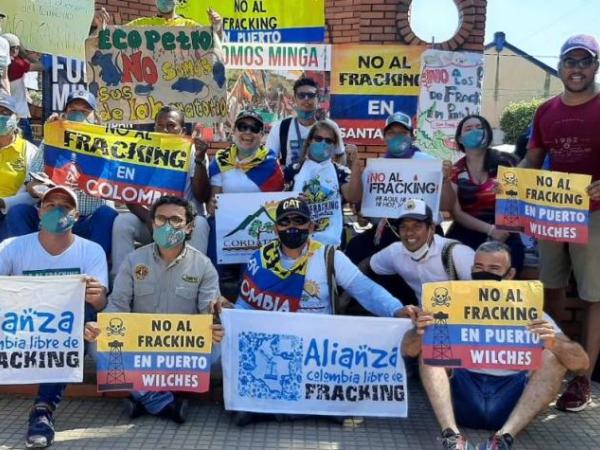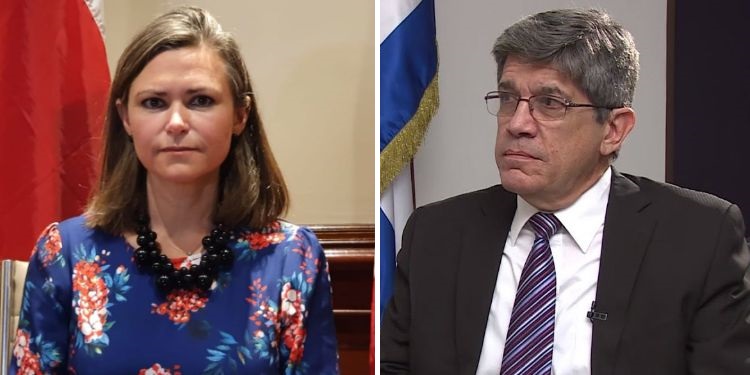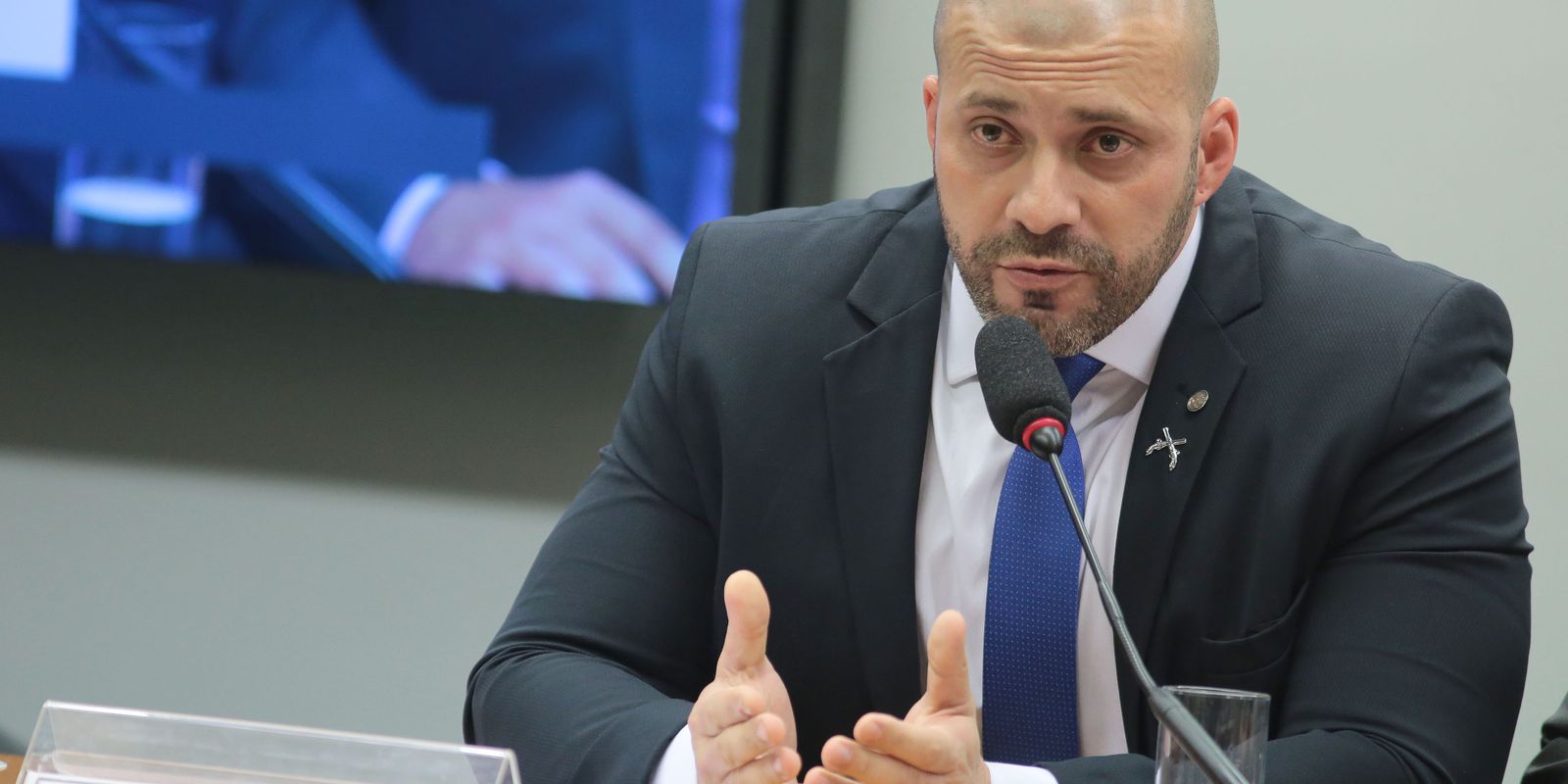The National Environmental Licensing Authority (Anla) took longer to announce its endorsement of the Integral Research Pilot Project (PPII) ‘Kale’, that in appearing the first precautionary measure to entangle its development.
(See: The proposal to avoid a future deficit in the fuel fund).
And it is that not a month had passed since the approval of the environmental entity, when a guardianship filed by the Afrowilches Corporation to curb environmental license to the fracking pilot Kalé, endorsed by the First Administrative Judge of Barrancabermeja, Blanca Judith Martínez.
Thus, this pilot research project, such as ‘Platero’, which is also covered by guardianship and is being studied by Anla and is led by Ecopetrol, remains in limbo for the time being, since according to the content of the ruling, the two experimental initiatives will not be reactivated until all the phases of the prior consultation process.
Likewise, in the content of the sentence, the hydrocarbon company, the Anla and the National Directorate of Prior Consultation of the Ministry of the Interior are ordered to, within the 48 hours following the notification, advance coordinated the pertinent administrative actions to carry out the prior consultation processes with the Afrowilches Corporation for the Kalé and Platero projects.
“Once the prior consultation processes have been carried out and if appropriate, Ecopetrol will be able to continue with the licensing process and other stages of the projects,” the ruling highlights.
Once the news of the guardianship ruling that suspends the fracking pilot ‘Kalé’, and incidentally ‘Platero’, was known, the oil company Ecopetrol issued a statement.
“At Ecopetrol we have absolute respect for the communities and we act within the legal framework. The company requested, within the times established in the environmental and technical regulations, the request for prior consultation and the Directorate of the National Authority for Prior Consultation (DANCP) certified that the consultation was not admissible.”, emphasizes the hydrocarbon company.
And it reiterates that, during the preparation of the Environmental Impact Study (EIA), no presence or involvement of any ethnic community.
“In accordance with the due process advanced, we will go to the corresponding legal instances so that the possibility of continuing with the Environmental Licensing process of the two pilot projects is considered,” says Ecopetrol.
In the same sense, the Colombian Oil and Gas Association (ACP) reiterates that Ecopetrol processed the request for prior consultation within the times established in the environmental and technical regulations. “That is, neither the plaintiff Association in the guardianship, nor any other, was identified in the process of preparing the EIA.”, warns the union.
And it underlines that the DANCP and the Anla verified and determined the non-adherence of prior consultation in the environmental licensing processes of the PPII.
“Both the authorities and the companies have legally carried out the licensing process, respecting and counting on the participation of the communities that may actually be affected by the execution of these projects. In this sense, we trust that the corresponding superior judicial and legal instances will determine the continuation and development of these important projects for the country”, indicates the ACP.
(See: The step by step that will be followed in the country to carry out or not ‘fracking’).
Likewise, the union affirms that, not by not doing fracking, Colombia will stop consuming gas and oil or its derivatives. “From the hydrocarbon sector we have insisted on the importance of not losing the opportunity to guarantee the energy security of the country with the necessary resources to supply the internal market and manage to generate surpluses for export.”.
Finally, the ACP says that “even more importantly, the possibility of developing Unconventional Deposits to achieve the benefits that this development would bring to Colombian households and, in general, to the country, in economic, social and environmental matters.
(See: How much it would cost the world to do without Russian hydrocarbons).
BRIEFCASE








